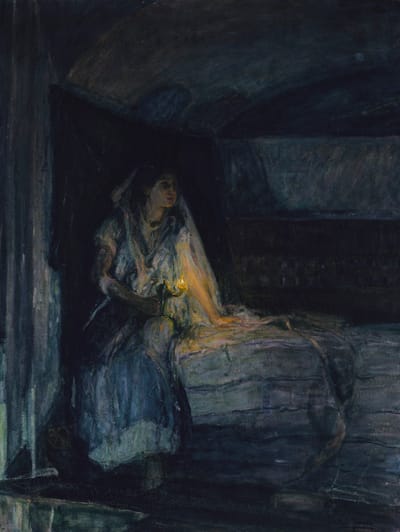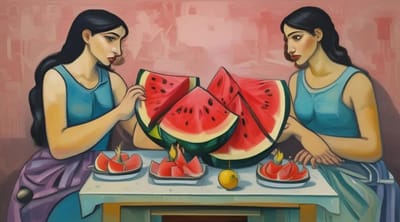A Useful Childhood
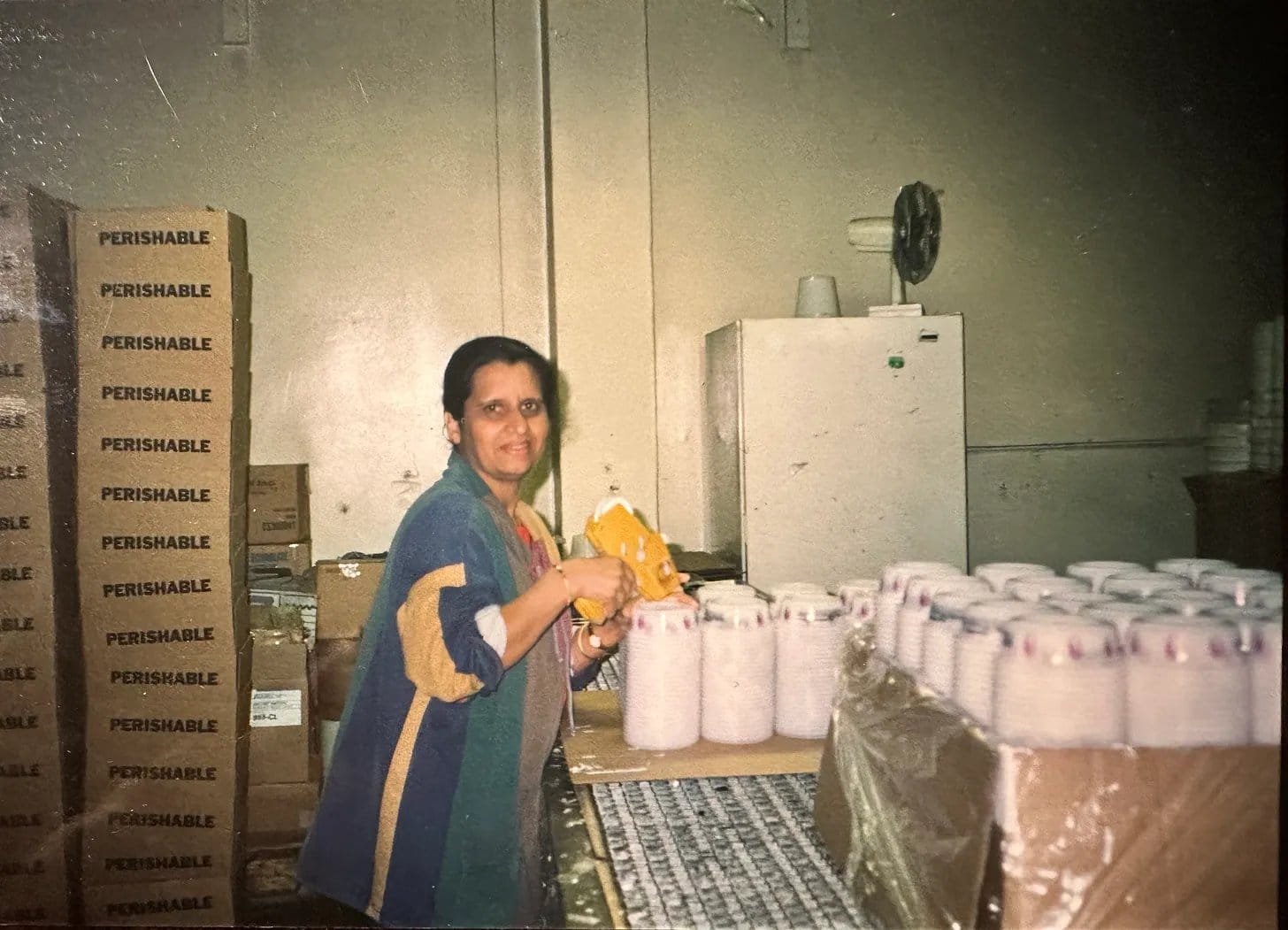
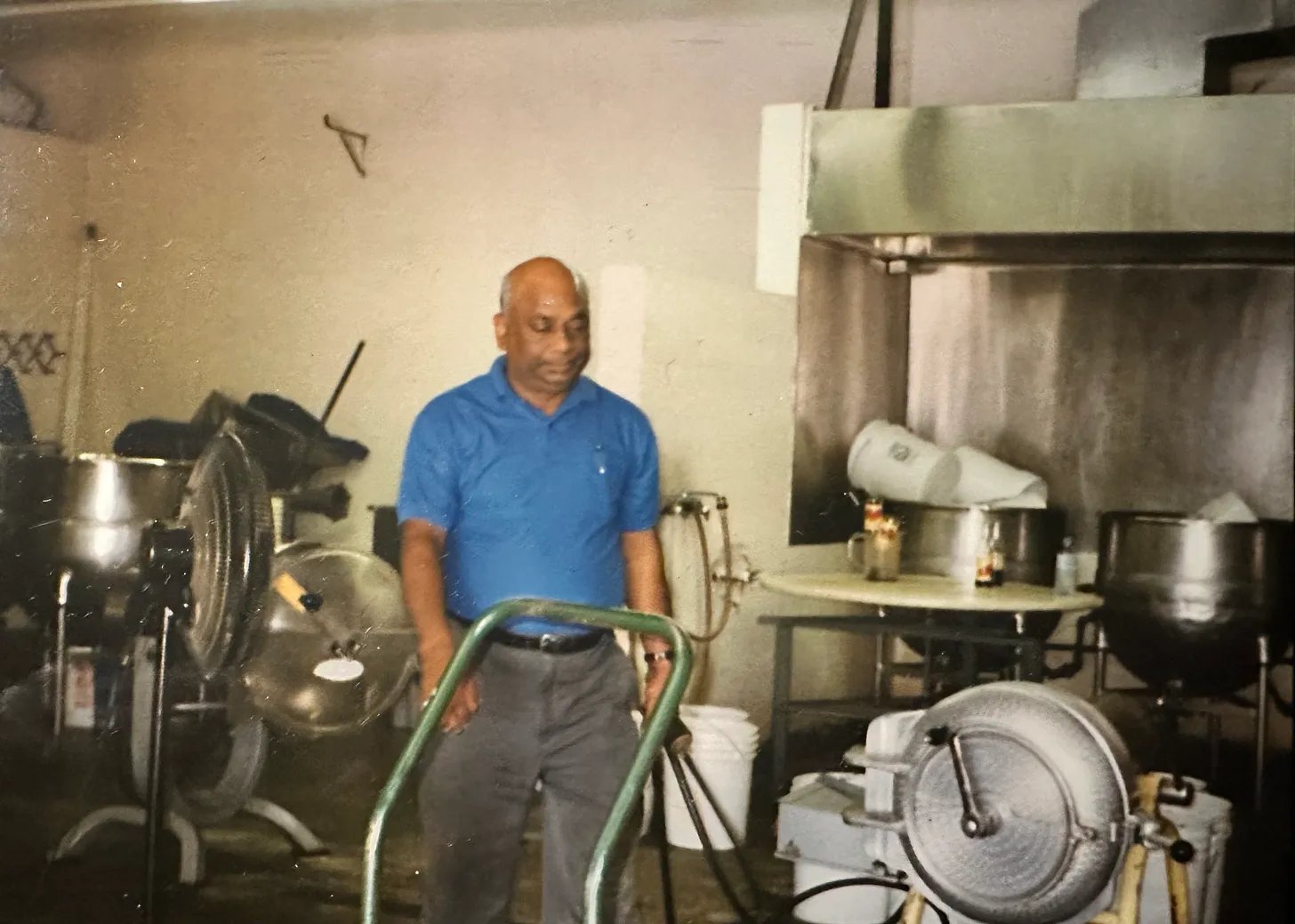
I had an interesting conversation with a friend the other day about being a kid and staying home from school, which made me realize that I’ve always seen going to school as a choice, even though it was compulsory and truancy was enforceable by law.
My friend was the opposite. There was no choice but to go to school, and to cope on days he really wanted to stay home to wander the woods behind his house, he deliberately found some part of the day to look forward to because it would get him through. Perhaps a book he was reading that he really liked, or lunchtime with a friend.
I think I processed going to school as a choice for two reasons. My father, who by all accounts had a freewheeling childhood in a village in India where members of his family were landowners, thought it was ridiculous for small children under the age of eight to go to school when they should be playing in mud and hopping scotch. The second more practical reason was that, unlike other children, I had somewhere else to go — to work with my parents at a business they owned.
Food Tech Enterprises was on the corner of 3rd Street and Grand Avenue, and my early memory is saturated with characters and vignettes from this time and place in my life because I had a lot of absences. The trend started early. I went to preschool for one week and caused such a ruckus, crying on top of lunch tables and refusing to come down, that my beleaguered parents just decided to keep me out of both shame and pride at my defiance.
I consider this a great blessing and precedent for the unusually abundant amount of time I spent with my parents throughout my life. What’s more, I got all this parent time to myself because my sister had near perfect attendance. One-kid parents are very different from two-kid parents, kind of like the difference between a productive hobby and job.
I got to see my parents in their element as adults, entrepreneurs, and builders of shared dreams. The work they did was hard, but there was an ease about them when they were at the business. They were never frantic, their conversations were elevated, and they looked like two people who knew what they were doing and whose hands moved in quiet harmony.
I realize now how much these days away from school positively impacted my sense of personal agency, my ideas about relationships, and my own vision for the future as a girl boss. I never latched on to the idea that I was required to be somewhere everyday because someone else said so. That idea makes me recoil to this day. I find it ludicrous and wholly unacceptable. More of us should be shown this light.
My days at the business were delightful, equal parts play and odd jobs my parents would give me like taping up the bottom side of corrugated boxes. As trucks came and went in the morning and machinery was fired up, I was told to stay out of the way. So I’d be perched atop the velvety flower print couch in the break room watching reruns of Carol Burnett and Perry Mason on an old B&W TV my dad had as a bachelor. The kind with foil all over the rabbit ears and knobs that clicked. Carol was my idol growing up, and gave me an early introduction to sketch and variety comedy, aspects of which I use frequently in public speaking and with the toughest crowd of all, teenagers who have been to juvenile hall.
By 11 o’clock, delectable smells permeated the factory. My favorite was the Chunky Marinara sauce my parents made for Trader Joe’s back when they sold spaghetti sauce as a refrigerated deli item. I’d walk over to the enormous kettles where the thick sauce would be bubbling. My father or Jorge would stir it with giant steel spatulas, a skill they mastered over years of moving along the brims of these hot kettles, creating whirlpools to make sure nothing stuck to the bottom and clogged the spout.
Lunch was always fresh and included whatever was made that day mixed with Top Ramen noodles. A working class delicacy only heightened by the sprinkling of the oriental seasoning packet on top. Some days she mixed the noodles with the rich, green Artichoke Pesto we made with brined artichoke hearts, parmesan, and EVOO that came out of steel cans like translucent green sludge after dipping close to its freezing point in our coolers. All ingredients were imported from Italy. Except for the basil leaves and walnuts. Those came from Oxnard, a mythical land of cows with balls.
I met a great many visitors from the outside world on these days at the biz, people outside my tiny world consisting of my parents and sister. It’s strange. On the one hand I feel like I had a ton of exposure as a child, yet I felt so insulated compared to my friends at school who went out to dinner and the movies weekly, something we never did. We also weren’t in the bosom of any extended family. While my parents moved with ease and confidence within the world they created, they were treated like outsiders by my aunts and uncles who lived near us.
My mother’s marriage to my dark-skinned father, someone who wasn’t in the biradri (read: incestuous clan), offset her. My sister and I were also markedly brown growing up, something my aunt would comment on regularly to try andf make us feel ugly and small. It worked in the moment, but was all forgotten at the business around my true extended family of mostly Mexican long haul truck drivers, small proprietors, and factory workers like my dad. Vibrant, funny, and poetic about misfortune, these people wrapped me in love and made my heart sing.
Santino was one such mustachioed driver who came weekly with pallets of ingredients, and while Jorge and my dad ran forklifts to unload the stuff from his reefer, Santino would take a giant dump in the men’s room. That was the one thing my mom hated about him. How dare he poop in our bathroom. That single infarction came to represent her discontent at being stuck in a steely, smelly environment full of men. For the most part she loved it though, and her mandates about cleanliness and orderliness kind of glued the whole operation together and kept the food inspectors at bay. Most of our FDA personnel were women and I think they were relieved to see her.
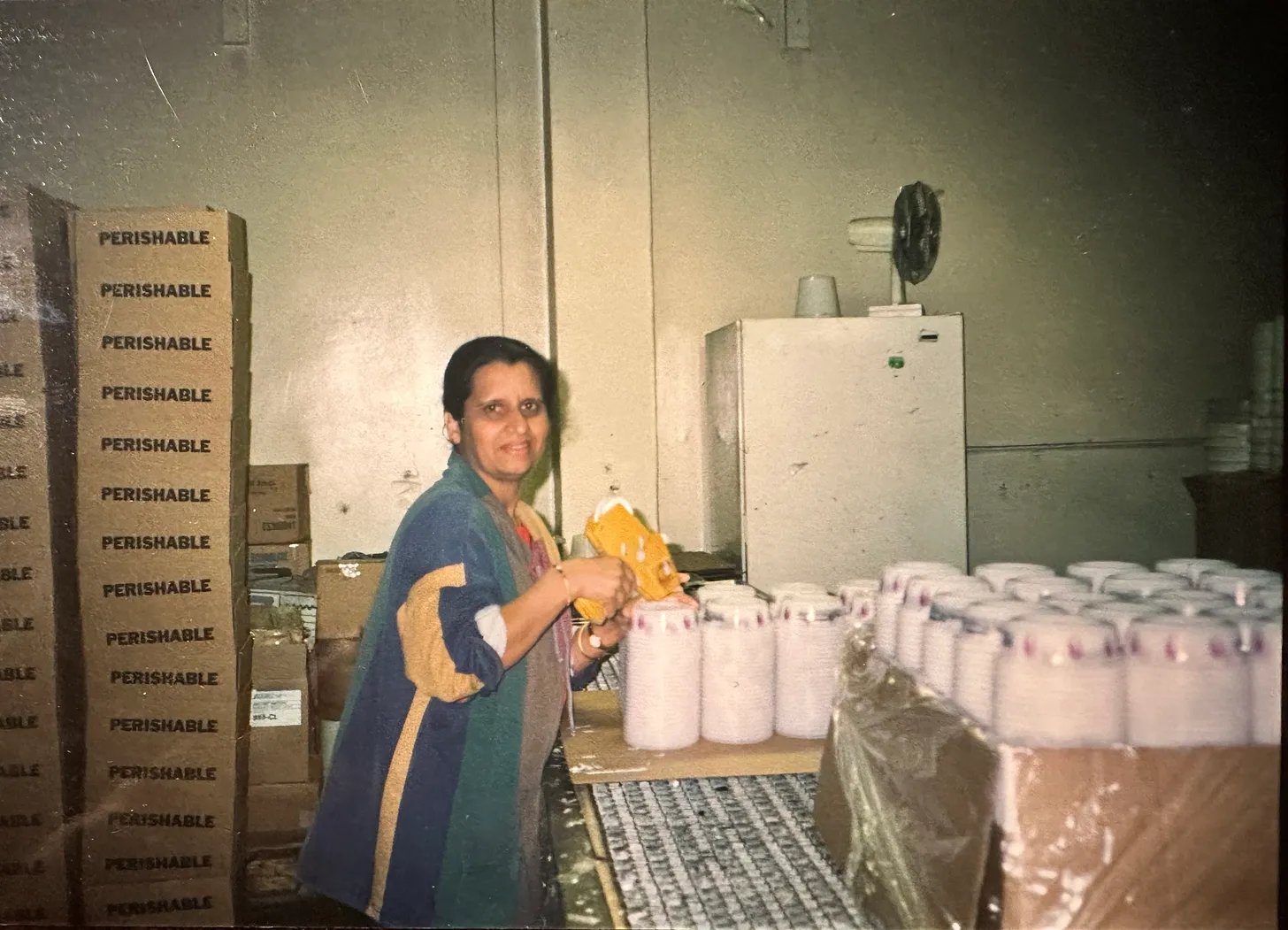
While I never knew his name, I waited every day for the mail man because, after he dropped all of the important stuff — checks, bills, and big glossy copies of Packaging Digest that my mom would use to line our dresser drawers at home — he always slipped me a Brach’s caramel candy through the mail slot. She’d always cut the candy in half and give the second piece to my dad because he has a sweet tooth.
When we weren’t at the factory, I’d be riding around town with my parents on errands. My dad would take me to Bank of America with him to deposit checks. There was a separate enclosed area for business customers called the Merchant Teller with a buzzer at the door. Of course Dad let me push the button and I loved the rush I got from having to turn the door handle before the buzzing stopped.
As I stood in line with my dad, I’d see all of the other business owners. Many carried pleather zip bags full of cash and coin. He would explain to me that they were probably restaurant owners, or people who had businesses where customers would come in with cash. Not B2B like us where checks came in the mail weeks after we were out all of the costs.
Often the people would be dressed in the work clothes like my father. There were mechanics with oil stains on their hands and uncovered forearms, tow truck drivers with chain wallets and embroidered name patches on their company issued shirts, plumbers with beer bellies covered with the thinnest holey t-shirts whose bottoms hung a ways away from their waists. Whereas my father, with his hummus stained polos and slacks and steel toe boots would not fit in to the typical places college-educated South Asians worked, he fit here perfectly, this place of small empire builders, the economically self-determinant.
Last summer, I read an essay in Palladium called “School is Not Enough.” The message was that childhood used to be a useful time in a young person’s life and going to school for the first quarter of life wasn’t of such primacy as it is now. Many great thinkers and titans of industry spent some time in school, but a hell of a lot more time in the proximal zone of “doing.”
Now, I’m not oblivious to the fact that most of these people were White men steeped in privilege and had a great many more choices purely due to the color of their skin compared to a Black woman, for example. I’m also not someone who thinks school is worthless. In fact, I regularly fall into the trap of wanting a PhD.
What did resonate with me about this essay though was the comment about school being a rather a rote state of inertia for most young people. Unless a student is in a highly rigorous program for “gifted students,” for example, school is a whole lot of sitting in compliance. It’s a really hard reality to stomach, and a rather helpless state if you ask me, especially in a time of global unrest, climate change, and other collective calamities that demand action.
Since reading this essay, I think about my own childhood often, and feel blessed that it was useful in so many respects. It’s changed my perspective on time away from school, and made me more critical of time spent in chairs waiting to live.
No spam, no sharing to third party. Only you and me.





